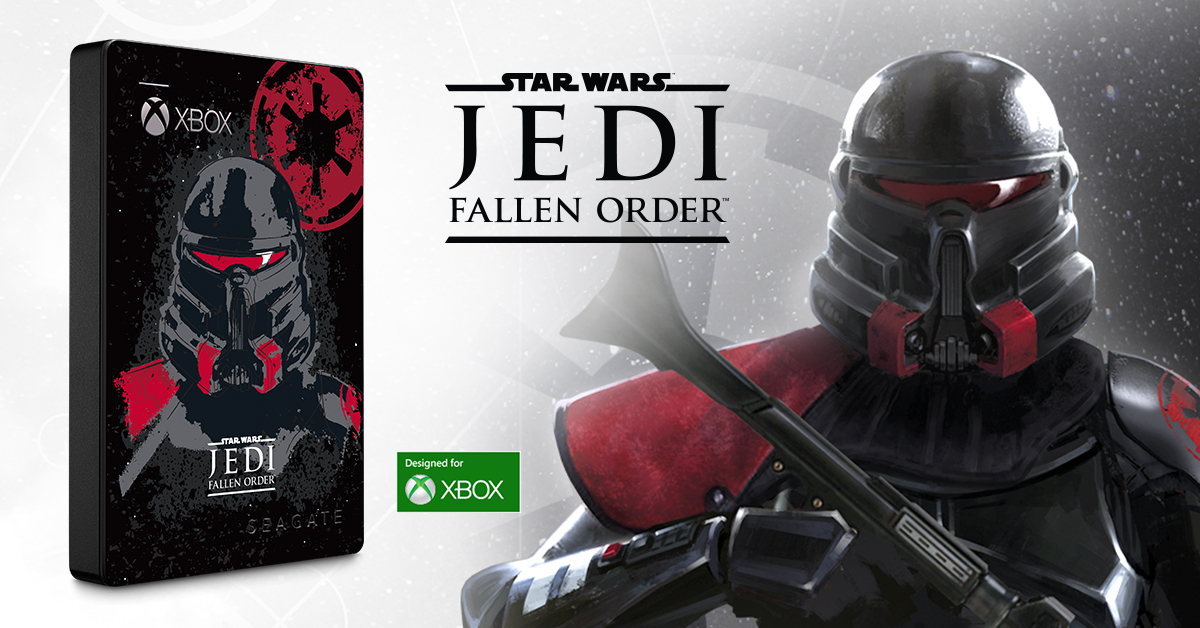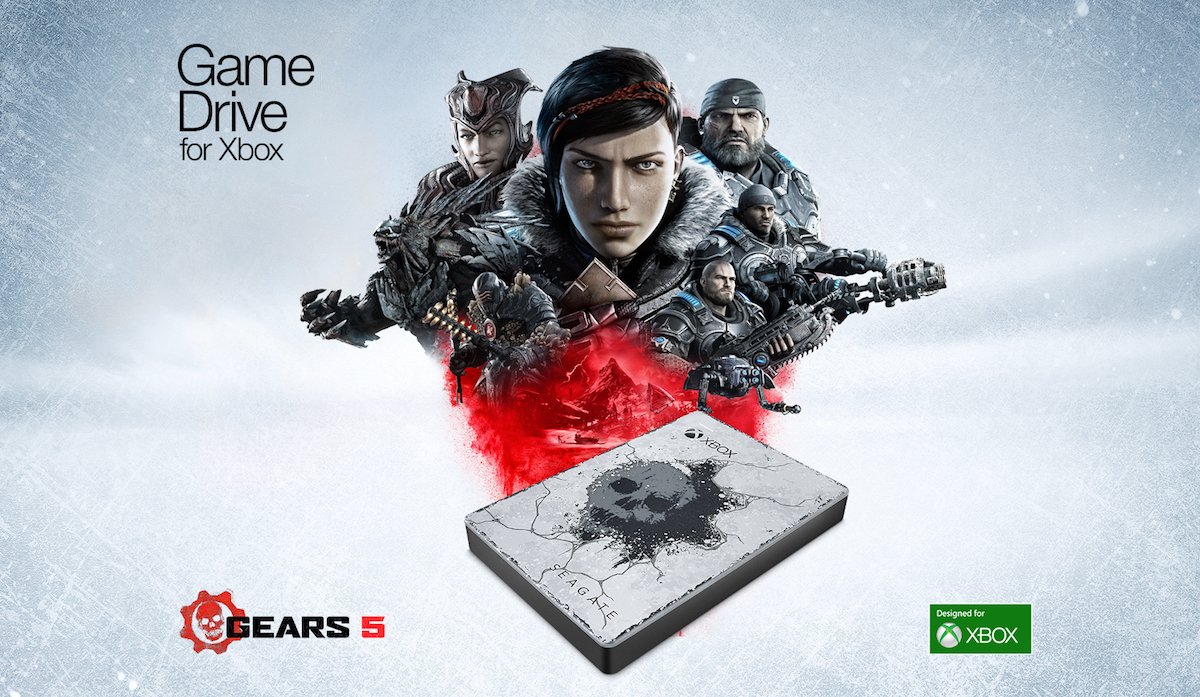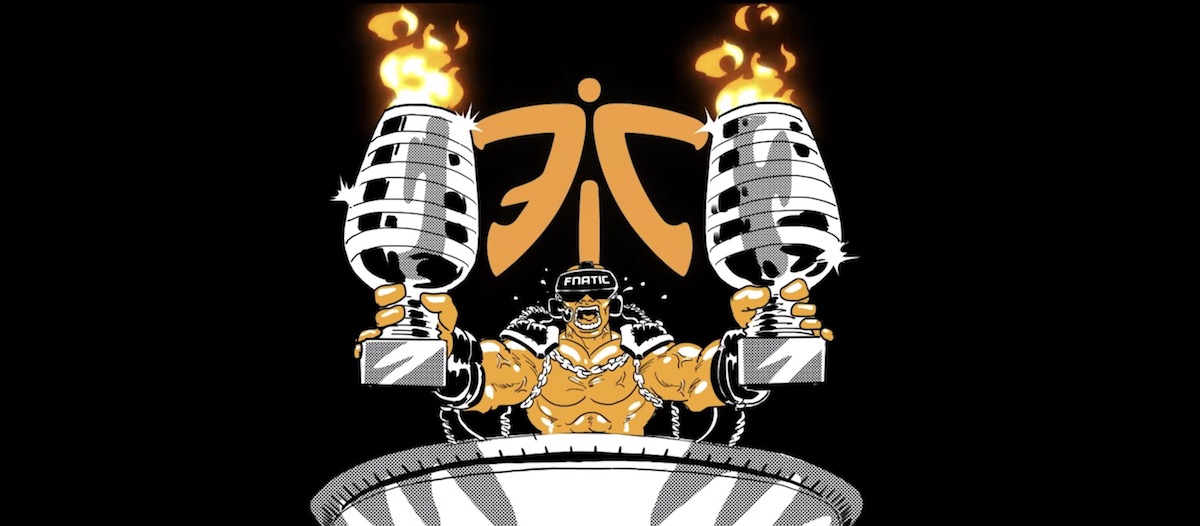Dan Higgins is the CEO and demi-god of Boston’s Lunchtime Studios. With his crack team of creative artists and programming ronin, they craft the characters, scenery, aesthetic, music and code that come together to make amazing apps and games.
Dan is no stranger to video games with a pedigree in the industry working on titles such as Empire Earth, Rise & Fall: Civilizations at War and SimCity Societies as well as published works in Game Programming Gems and Game Engine Gems.
After meeting Dan at this year’s PAX East show, we had a chance to catch up with him to talk about the upcoming game, Lords of New York, find out why he’s drawn to 1920’s New York, must have elements when designing video games and the creative collaboration within a game studio. This interview is in three parts, so buckle up as we transport you back to the time of “gangsters, flappers, bootleggers and jazz.” (Click Here for Part 1)
SeagateCreative: What do you feel makes for a great game or app? What do you think are some “must have” elements?
Several games I’ve played in my life have made strong impressions on me and how I view game creation. The most influential is probably the original Metal Gear Solid. It did an incredible job blending story with action and wrapping it in a high quality, cinematic production.
Since the identity of Lunchtime Studios is building games with great stories, full of innovations, and executed at a high level to make a memorable experience, it’s important to add the right ingredients, like some of these from the past. Of course, it’s not like you just add innovation, or high quality — it’s tangible items that help achieve those goals.
Here are things I think are important
Story – It’s hard for me to get deep into a single player game without a great story. Metal Gear Solid, Final Fantasy Series all had great stories that pulled a player in and kept them in that world. It’s not an easy thing to do.
Voice Acting – After Metal Gear Solid, I went through a period of searching for that next game like it. So many games had tons of text, and no voices. Always a disappointment when I started playing and realized I was going to miss out on the cinematic experience.
Great Music / Audio – We’re lucky to work closely with some incredible game composers with AAA titles under their belts. It adds such an important layer to an experience. Finding the right music that you can hear over and over and still enjoy is important. I take pieces and if I’m writing dialogue while listening to them on repeat, then I know we’ve got a winning piece of music and it should be reflected in the writing. Some games treat music as an afterthought; we treat it as an important feature.
Surprises – This may be one of the most important things in a game. If there aren’t surprises, the gamer is just playing through some mechanics; the story must be boring, and predictable. That said, surprises still have to make sense. Would the “Sixth Sense” have been anywhere near as popular had it been spoiled early in the movie?
 Innovation – I don’t mean, innovation for innovation’s sake. I mean, adding something to the gaming community that’s fresh, that helps a game stand out and accomplish storytelling in a better way. Maybe the whole game idea is innovative. Maybe a certain gameplay feature is. In Lords of New York, we’ve added a new type of animation system to games so we can have lots of animation, do “poker with tells” and bring our characters to life on a small, indie studio budget without sacrificing quality. We’re even trying to make the experience of save & load fun and something we haven’t seen before.
Innovation – I don’t mean, innovation for innovation’s sake. I mean, adding something to the gaming community that’s fresh, that helps a game stand out and accomplish storytelling in a better way. Maybe the whole game idea is innovative. Maybe a certain gameplay feature is. In Lords of New York, we’ve added a new type of animation system to games so we can have lots of animation, do “poker with tells” and bring our characters to life on a small, indie studio budget without sacrificing quality. We’re even trying to make the experience of save & load fun and something we haven’t seen before.
Player Customization – Gamers want to customize or spec their characters. This could be choosing which armor / spells / weapons to use, or picking talents in a talent tree, or even what outfits to wear.
All of this in the end leads to “fun”, which is the #1 magical ingredient were all chasing. At PAX East, after playing our demo it made my day when a fan said to me that Lords of New York reminded him of a Hideo Kojima game (creator of Metal Gear Solid). What a compliment!
SeagateCreative: How did you establish the storyline for the game?
Wow, great question! Story is the most important ingredient in our games, so we’ve put in many iterations and extra time to ensure we’ve got a compelling storyline full of surprises that we believe people will enjoy.
When building a story, we approached it in two ways, history and characters. History is a great reservoir for writers since it’s a bountiful source of ridiculous events and compelling dramas — many of which aren’t taught in history class. Luckily history is a passion of mine, and I especially enjoy the kind, which brings your imagination back to that time period, such as an old newspaper. It’s a slice of life, like a tiny time capsule. I love seeing the language used, and the things people cared and complained about.
When an exhibit on Pompeii came to the Museum of Science in Boston, I was gripped by the simple image of a fresco from Ancient Rome. It wasn’t the art that was compelling, it was a hardened remains from a bucket of plaster that had been spilt onto it during the panic after the eruption. All of a sudden, it became a very human experience for me. I could imagine the workers, going about their job, and then this happens. Obviously it was a great tragedy, and the body casts are another example of capturing the human emotion, but something about that plaster splashed against the wall made the moment more than just a lesson in history class. At Pompeii, you can also see graffiti and it showed how similar people are today. Lifestyles may be very different, but we have similar human cares, motivations, and weaknesses to those found centuries ago. Those kind of internal struggles play a large role in game play and storyline of Lords of New York.
Being a game set in 1920’s New York City, to get the right feel, we immersed ourselves in its events and storylines. I grew up listening to The Shadow, so I fell in love with the dialogue, and strange accents from the day. I broke them put when we started the project to keep the feel authentic.
 It’s not just the 1920’s we referenced though. We did bring in research from other time periods, including lessons found in the underhanded politics of Rome.
It’s not just the 1920’s we referenced though. We did bring in research from other time periods, including lessons found in the underhanded politics of Rome.
Most importantly for our stories, was having a character focus. Every character with a speaking line has some type of backstory, motivation and situation planned out. This means, even minor characters who give you quests are giving out quests that make sense.
Since some of the people your character interacts with are also out to be a Lord of New York, there are some very ambitious people around you. Vince tends to be hit by many of the results of these ambitious character actions, so his world begins spinning apart soon into the game. One of the tough design problems we had to handle was how to keep Vince from being a passive character, at the whim of all these other character’s actions (including other player characters). Vince has to work to blow apart much of the distress that has befallen him, and rise above it all to become a Lord of New York.
Of course, what story writing wouldn’t be complete without a plug for all the genius writers who’ve inspired us over the years? I grew up fascinated with Larry McMurtry’s Comanche Moon, loads of Stephen King’s works, and Terry Brook’s Shannara series.
Lastly, with such a character focus, it sometimes reminds me a bit of Game of Thrones, only we won’t kill off as many of your favorite characters.
SeagateCreative: You picked a very interesting, well-known era in history going with Prohibition-Era New York. What was the thinking behind putting the game in this time period?
I grew up in Maryland and during elementary school I thought of Boston as this magical place, almost like it was another country. In fifth grade, our teacher was from Boston. Her accent was super thick, and it only added to the mystery around this area of the country. When I graduated college, my wife and I moved to Boston without knowing anyone there. It was a gut feeling move; we were both just drawn there.
 I get the same magical pull from the 1920’s. If reincarnation was ever real, then I would have certainly been alive in the 20’s. It’s one of those eras that connects and fascinates me. The 1920s is one of the United States most unique and important decades in history. So much change in such a small time frame. What bigger venue to relive it than New York City? The 20’s were a big turning point for society, and foundation for who we are today.
I get the same magical pull from the 1920’s. If reincarnation was ever real, then I would have certainly been alive in the 20’s. It’s one of those eras that connects and fascinates me. The 1920s is one of the United States most unique and important decades in history. So much change in such a small time frame. What bigger venue to relive it than New York City? The 20’s were a big turning point for society, and foundation for who we are today.
On a more personal note, my great grandfather, conceived in Ireland, was born in New York City and grew up on its streets. He was a boxer in the 1920’s until he was blacklisted, and my great grandmother, a flapper. We’re incorporating elements of their real life story into the game.
Look for Part 3 of this interview with Lunchtime Studios this Friday.









Leave A Comment